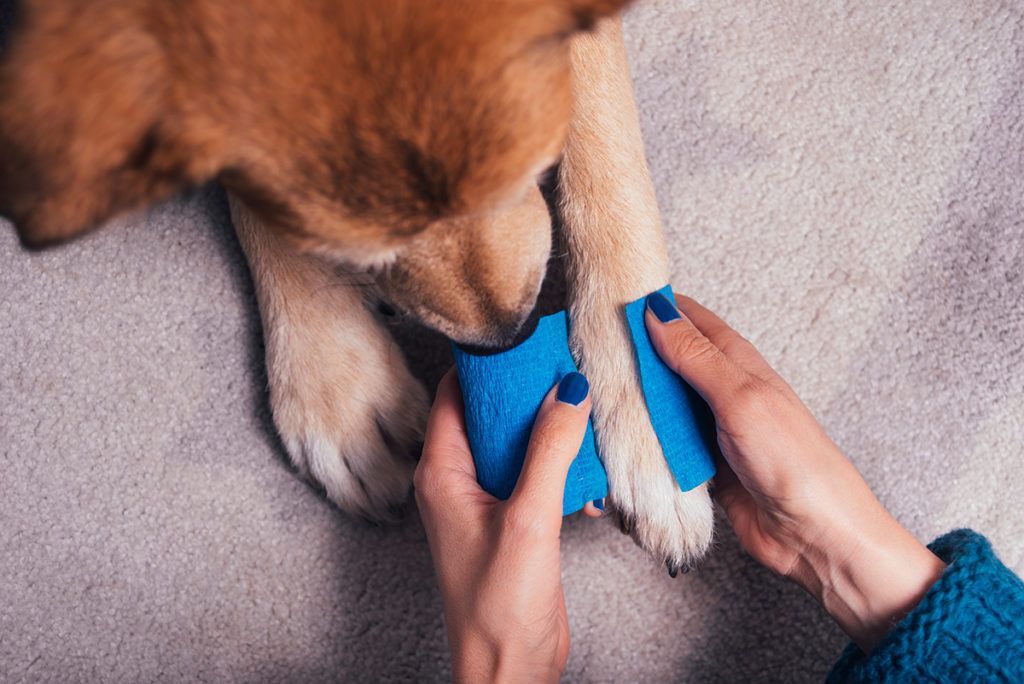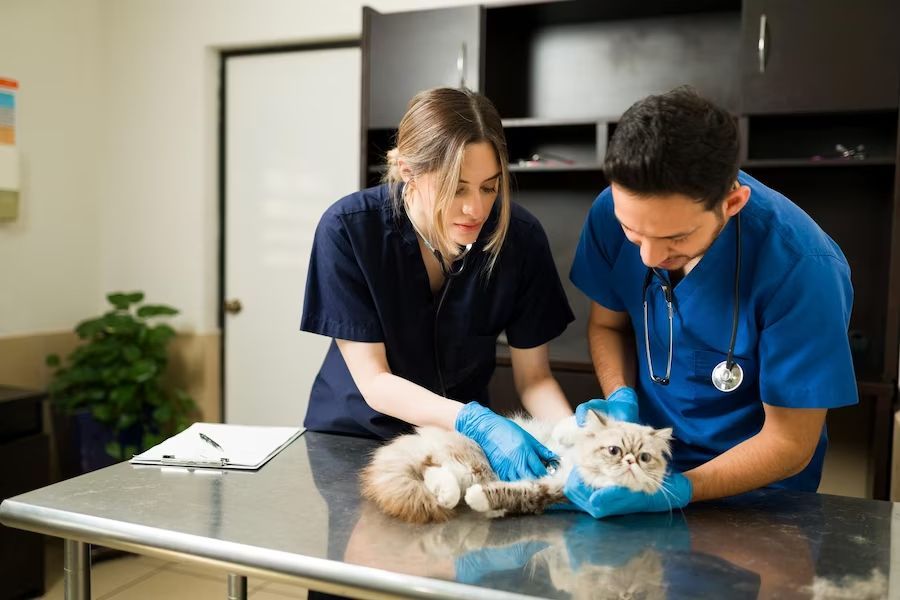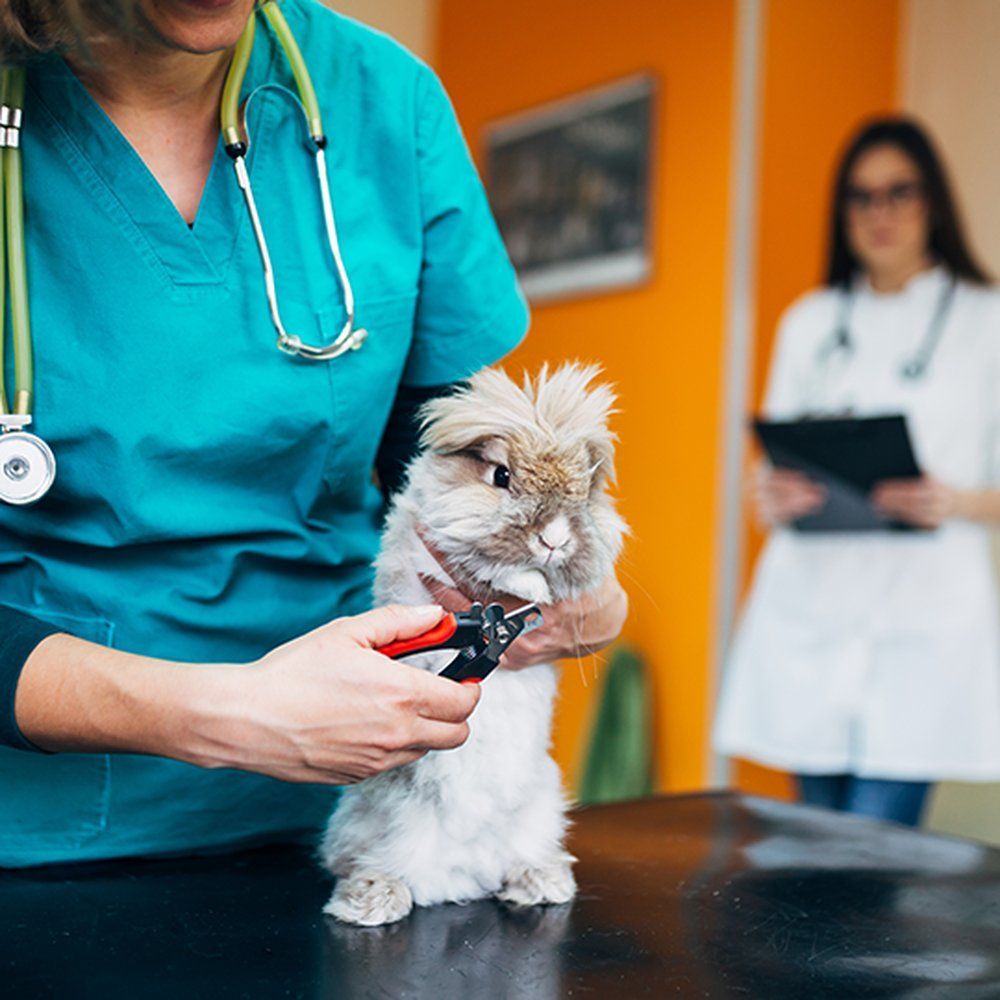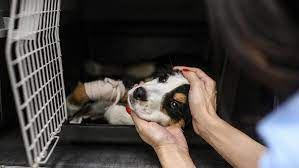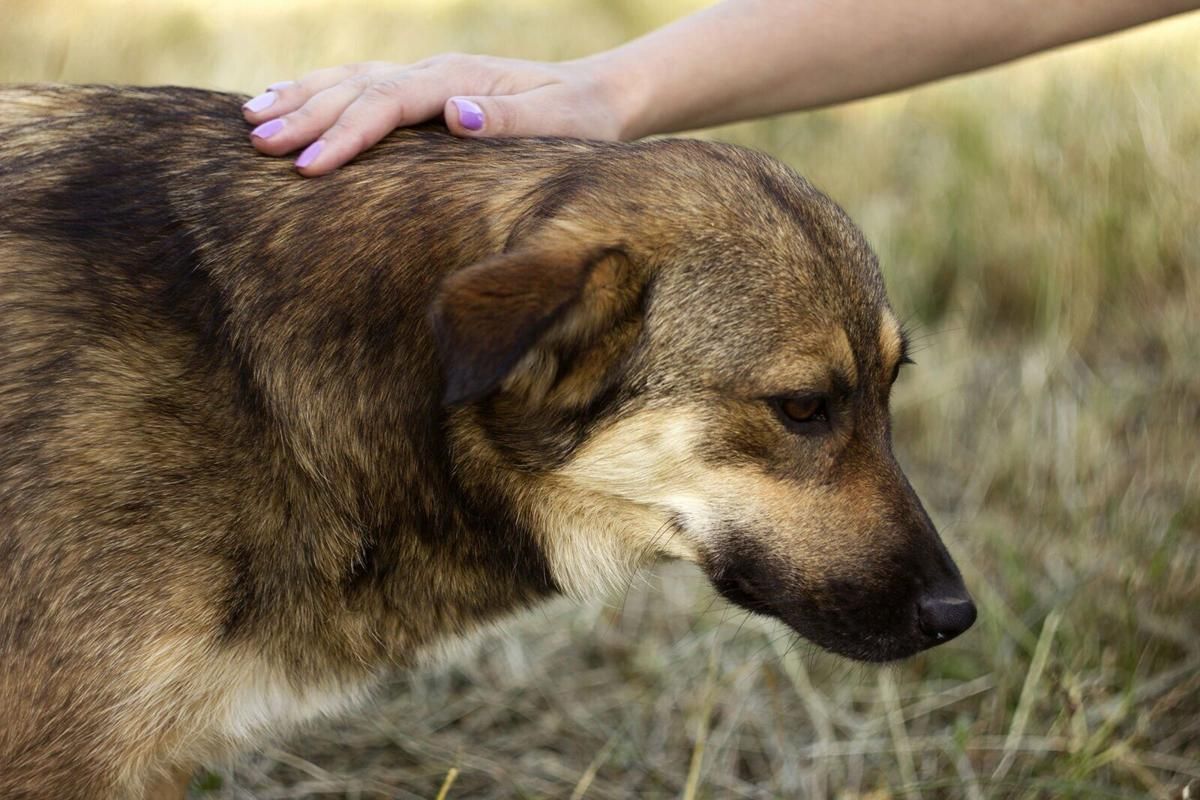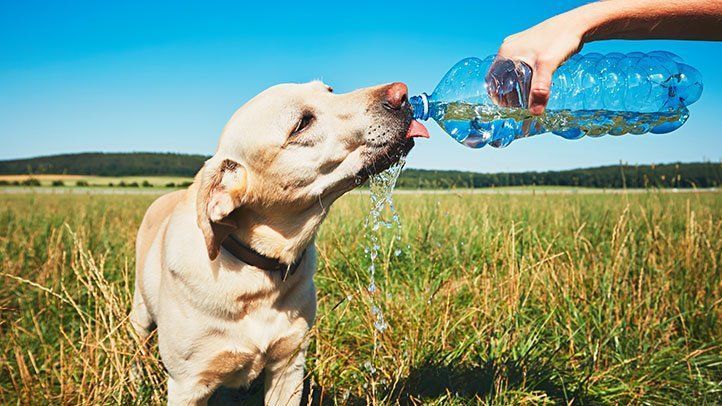Common Pet Emergencies in Murfreesboro, TN
Pets, just like people, can have accidents or develop illnesses at any time of the day or night, on the weekends or holidays, or while their primary care doctor is closed or away from the office. While there are some situations where it is okay to wait and see your primary care veterinarian in a few days, other situations require immediate attention, and waiting can be dangerous or deadly. If you are concerned about any condition with your pet, the safest option is to follow your instinct and have your pet evaluated immediately. Continue reading to find a partial list of common emergencies in Murfreesboro, Tennessee, and additional information about each one.
Vehicle Trauma
Vehicular trauma is an unfortunately common problem no matter where you live. Pets that are allowed to roam freely outdoors are at greater risk, but pets that normally live indoors but escape outside, slip their leashes while outside for walks, or are scared by loud noises or other stimulation commonly suffer these injuries. Any time a pet is involved in vehicular trauma it should be immediately evaluated by a veterinarian.
Wild Animal Encounters
Particularly in more rural areas, pets often have run-ins with wildlife that can pose significant health risks. Bites and scratches can be serious by themselves, and also carry the risk of exposure to Rabies and other infectious diseases. Any warm-blooded mammal can technically carry Rabies, but racoons, foxes, skunks, and bats are considered the most common Rabies vectors in the United States. If your pet has been attacked by any wild animal, they should receive immediate veterinary attention as a safety precaution.
Toxic Exposures
If you suspect that your pet has been exposed to any sort of toxin, drug, or chemical, contact a veterinary emergency facility immediately. Dogs are generally the worst offenders and will take a lick or a bite of anything that they see or smell. Common dog exposures include food poisoning or similar (compost, fecal material), human drugs (prescription drugs, marijuana or other products with THC), human food that they cannot appropriately metabolize (chocolate, grapes, artificial sugars like xylitol, onions, garlic) or household chemicals (antifreeze, rat or insect poisons).
Cats are less likely than dogs to ingest foreign substances, but human drugs (prescription, marijuana or THC containing products), poisonous plants (lilies), and over the counter flea/tick medications are all common exposures for cats.
If your pet has consumed something out of the ordinary, DO NOT assume it is safe – contact an emergency veterinarian to discuss – a common recommendation is to have owners call a veterinary poison control center to discuss the specific exposure and get specific treatment recommendations.
Snake Bites
Tennessee is home to 4 species of venomous snakes that owners should be aware of while spending time outdoors with their pets – copperheads and timber rattlesnakes are relatively common, while cottonmouths (water moccasins) and pygmy rattlesnakes are possible but much less common. While most snakes, including venomous snakes, are not overtly aggressive, they will bite to defend themselves. All of the venomous snakes in Tennessee have the potential to deliver fatal bites to common pets, so if you suspect that your pet has been bitten, they should be immediately evaluated by a veterinarian. If you can take a picture of the attacking snake or remember what it looks like, it can be helpful in formulating a treatment plan, but is not required for successful treatment.
Anaphylaxis / Allergic Reactions
Allergic reactions occur whenever a pet comes into contact with an allergen that they have a particularly strong response to. If an allergic reaction progresses, it can turn into anaphylaxis, a system-wide response that can be fatal. Common causes of allergic reactions are insect stings/bites, skin contact with chemicals or cleaners, or as a result of vaccinations or other medications. Common early symptoms include facial swelling, redness, itching, or hives – signs of anaphylaxis include vomiting, diarrhea, difficulty breathing, or collapse. Any pet that you suspect is having an allergic reaction should be checked out by a veterinarian immediately.
Eye Trauma
Emergencies involving trauma to the eyes are very common, whether they are scratches from other pets in the house, trauma from running through bushes/trees/etc outdoors, or irritation from dust, pollen, or contaminated water. Common signs of eye injuries include squinting, redness, discharge, light sensitivity, or pain around the eye. Eye injuries are unique in that they can worsen very rapidly, unlike minor injuries to the skin, nails, or teeth. If you have any concern about your pet relating to their eyes, you should bring them in for examination immediately to limit the risk of permanent damage to the eye or loss of vision.
Broken Bones
Whether your pet jumps off a high piece of furniture or out of a window, or if they are involved in a traumatic accident with a car or a wild animal, suspected broken bones should always be treated as a true emergency. Any incident serious enough to break a bone can cause damage to other parts of the body in addition to the broken bone itself. Just like in humans, fractures in our veterinary patients often require either splinting surgery to correctly repair the fracture. If you suspect that your pet has a broken bone, have them evaluated immediately to assess the damage and get the best recommendation on how to repair that injury.
24/7 Local Veterinarians Here for Any Common Pet Emergencies in Murfreesboro, TN
While the list above discusses some specific emergency situations, all of the same concerns that would take a human to the emergency department apply as well.
If your pet is displaying signs like respiratory distress (open mouth breathing, gasping, blue mucous membranes or tongue), frequent vomiting or diarrhea, inability to urinate or defecate or straining to do either, a bloated or distended abdomen, or neurologic issues like seizures, inability to walk normally, or loss of function in one or more limbs, they should be evaluated immediately with a veterinarian. Delaying treatment in any of these cases can potentially cause serious or fatal complications.
24/7 Local Veterinarian is a group of animal hospitals that specializes only in emergency care. 24/7 Local Veterinarian has locations all across the country and we are very excited to be opening in Murfreesboro to serve the community. We work closely with your family veterinarian to provide 24/7/365 care options and look forward to being partners in your pet’s care.
Contact with your local vet for the best advise
Resource Center
